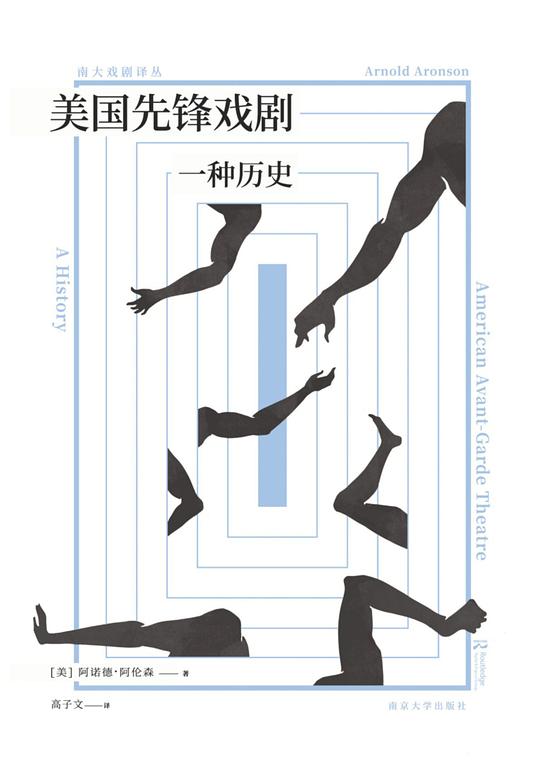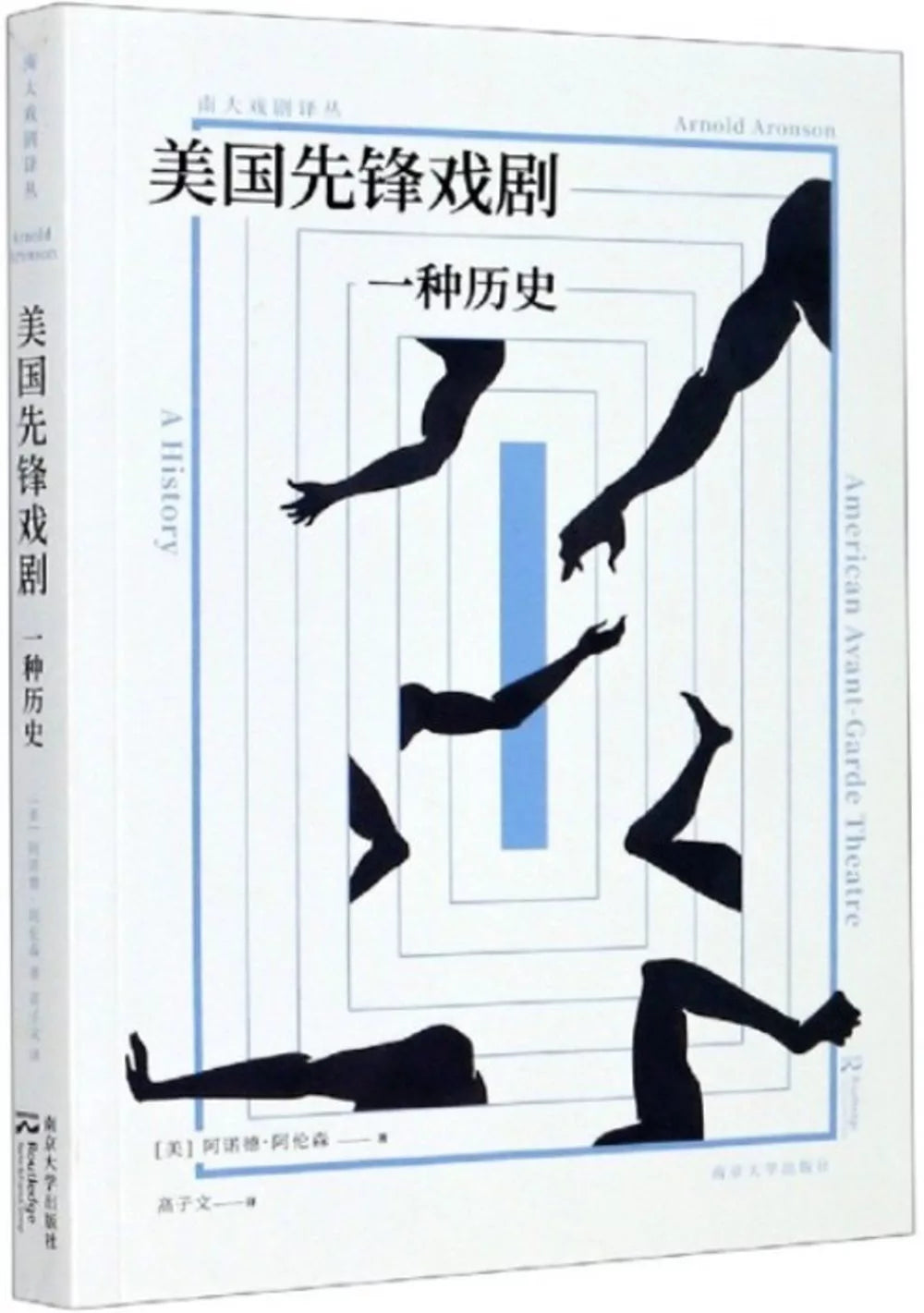1
/
of
2
American avant-garde drama
American avant-garde drama
Arnold Aronson Gao Ziwen 译
Regular price
$15.99 USD
Regular price
Sale price
$15.99 USD
Unit price
/
per
Low stock
Couldn't load pickup availability
About Book
About Book
American Avant-Garde Theater: A History
◇Gertrude Stein, John Cage, Antonin Artaud, Bertolt Brecht...◇Black Mountain College, Life Theatre, Open Theatre, Worcester Theatre Company...
◇Off-Broadway, happening art, performance art, minimalism, abstract expressionism...
◇The first in-depth exploration of American avant-garde theater from the 1950s to the 1990s◇ provides a definition of avant-garde theater and explores its origins and theoretical foundations. American avant-garde theater emerged after World War II and, after a dazzling period of growth, gradually declined at the end of the century. Despite the significant critical attention avant-garde theater has received, few monographs have offered a comprehensive overview of this phenomenon. Author Arnold Aronson, Professor of Drama at Columbia University, offers a definition of avant-garde theater and provides the first in-depth overview of American avant-garde theater, filling a gap in theatrical history. The book was translated by Gao Ziwen, Associate Professor of the School of Literature at Nanjing University and Executive Editor of Drama and Film Review. He is the author of "The Rebellious Sons of Civilization: Chinese Narratives of Modern American Drama."
The concept of “avant-garde” has its historical origins in French military terminology, and it was Henri de Saint-Simon who first explicitly applied it to the art world: “It is we, the artists, who serve you as pioneers… exercising active energy over society, a true priestly function, marching powerfully before the intellectuals in this great new era. This is the artist’s duty, this is their mission.”
In this regard, Arnold Aronson offers a definition of "avant-garde theatre": First, it must exist in opposition to the status quo. Its aims are revolutionary, attempting to fundamentally alter the structure, content, and effects of established art forms. Second, its fundamental purpose is to alter consciousness, thereby bringing about a fundamental shift in the way we perceive the world.
Avant-garde theatre creates a structure and experience that is neither logical nor anti-logical, but rather "illogical." This theatre is fundamentally not linear, hallucinatory, thematic, or psychological, and naturally lacks any traditional meaning. It is a non-literary theatre, not in the sense of lacking language, but rather in the sense of being read as literature. Avant-garde theatre is primarily formal, illustrative, and intellectually oriented, grounded in aesthetics rather than visceral emotion. Its purpose is to reconstruct the way audiences view and experience theatre, which in turn inevitably changes the way they view themselves and the world.
Meanwhile, Aronson concludes by proclaiming the end of avant-garde theatre:
If the function of the avant-garde is to destroy customary patterns and social norms, if the avant-garde stands in opposition to the practices and attitudes of mainstream society, then it is difficult to find anything that can be considered avant-garde in today's theater. The so-called avant-garde no longer exists as the opposite of authoritative culture, but has become a subset of culture. The reason for the existence of the avant-garde has disappeared - evaporated - leaving only the external skeleton of a form and style, which is included in all aspects of the flourishing popular culture. ... Avant-garde art has become a kind of cultural authority. It can be said that "avant-garde" has become a symbol of a style or genre, but it is difficult to find a primary aesthetic in it. "Avant-garde" has been equated with weirdness, shock, or simply something unconventional and unexpected. In general, most of this kind of work has no theoretical basis.
In the preface to the Chinese edition, Aronson asks: Does avant-garde art, literature, music, or performance still have a place in the contemporary world? Can it survive when it is surpassed by technology that changes almost daily? ... This preface was written during the COVID-19 pandemic... The world that emerges from this event will be very different from the world of just a few months ago. In this new world, will avant-garde art have a place?
Publication Date
Publication Date
2020-09-01
Publisher
Publisher
南京大学出版社
Imprint
Imprint
Pages
Pages
312
ISBN
ISBN
9787305237737
share



